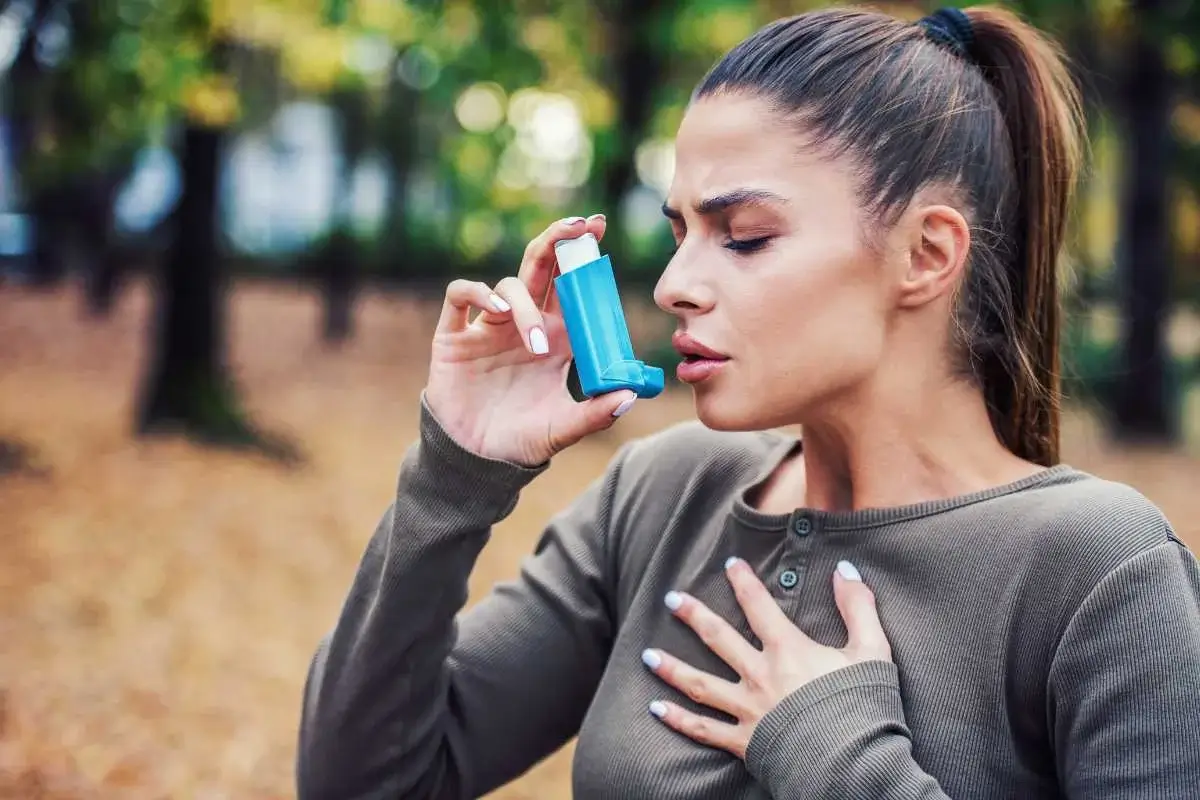
Climate change is having a growing impact on allergies and asthma, affecting millions of people around the world. Rising temperatures and higher carbon dioxide levels are causing plants to produce more pollen, which leads to longer and more intense allergy seasons. Air pollution from vehicles, factories, and wildfires is worsening air quality, making it especially difficult for people with asthma to breathe. Additionally, extreme weather events such as floods and hurricanes can create mold and other indoor pollutants that trigger respiratory problems. These combined effects make it clear that changing climate patterns are directly influencing human health.
Addressing this issue requires collaboration between healthcare professionals, policymakers, and communities. Doctors can help patients recognize and manage environmental triggers by providing guidance on prevention, such as using air filters, monitoring pollen levels, and avoiding outdoor activity on poor air quality days. Communities can take steps to reduce pollution, create clean green spaces, and plant vegetation that produces less allergenic pollen. Governments also play a crucial role in setting air quality standards, supporting clean energy initiatives, and educating the public about health risks associated with climate change.
How has climate change intensified allergies and asthma in recent years? What practical steps can individuals take to protect themselves from environmental triggers such as pollen, pollution, and mold? How can doctors and healthcare systems better support patients affected by these conditions? What policies and community efforts are needed to reduce air pollution and improve public health? Have you or someone you know noticed changes in allergies or asthma symptoms as weather patterns continue to shift?
Use the online submission form when sending your articles to help us track all of your submissions. Please try to write about the above topic. Your response should be at least 1,000 words.
To receive credit, your effort is what matters. You should find ways to contribute thoughtful ideas that will help others. Feel free to use personal stories or other information that you want to share, but do not use real names or other identifying information. You may write your response in the space provided or upload your response. Once we review your response, you will receive credit.
Click the button below to submit your article and get your credit.